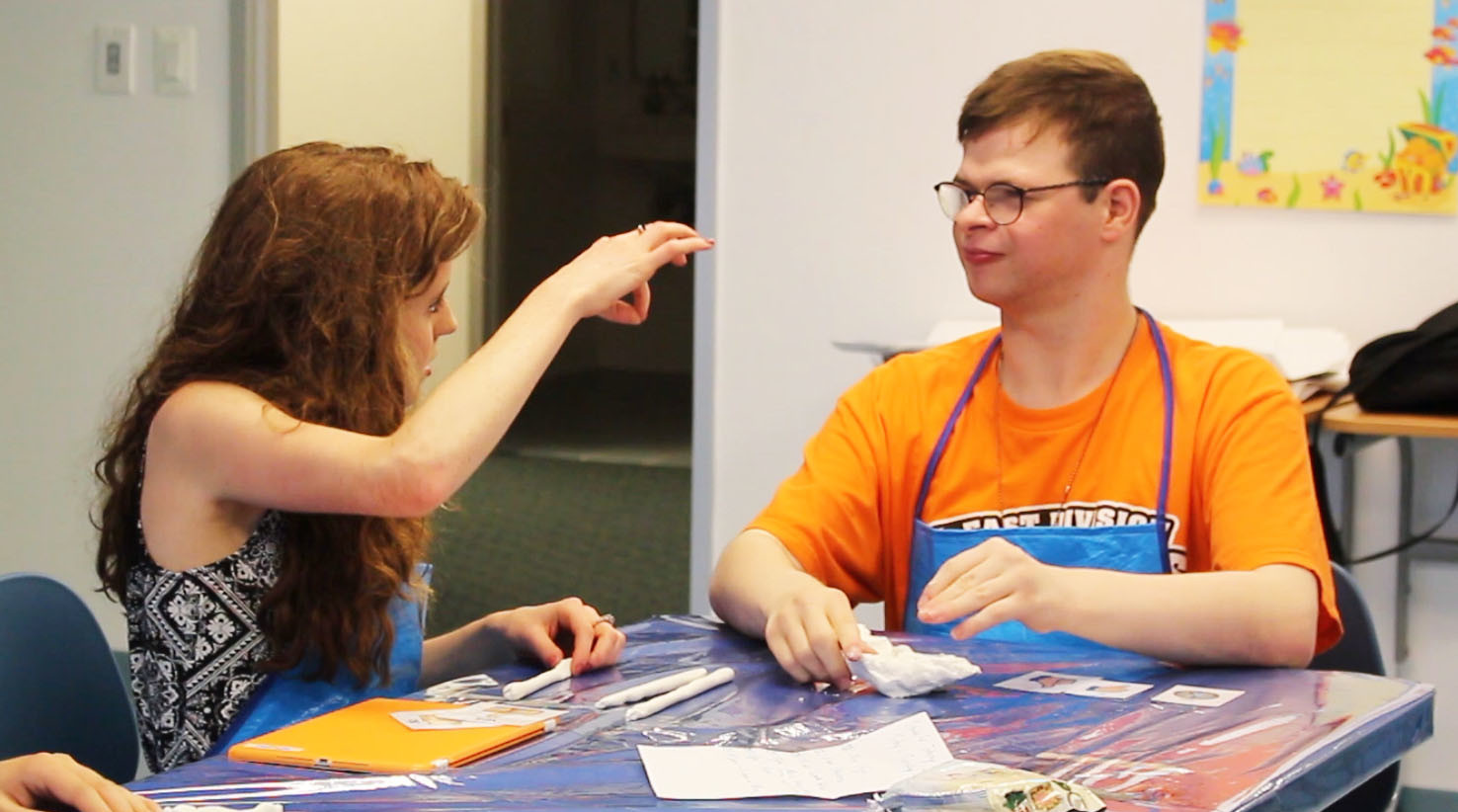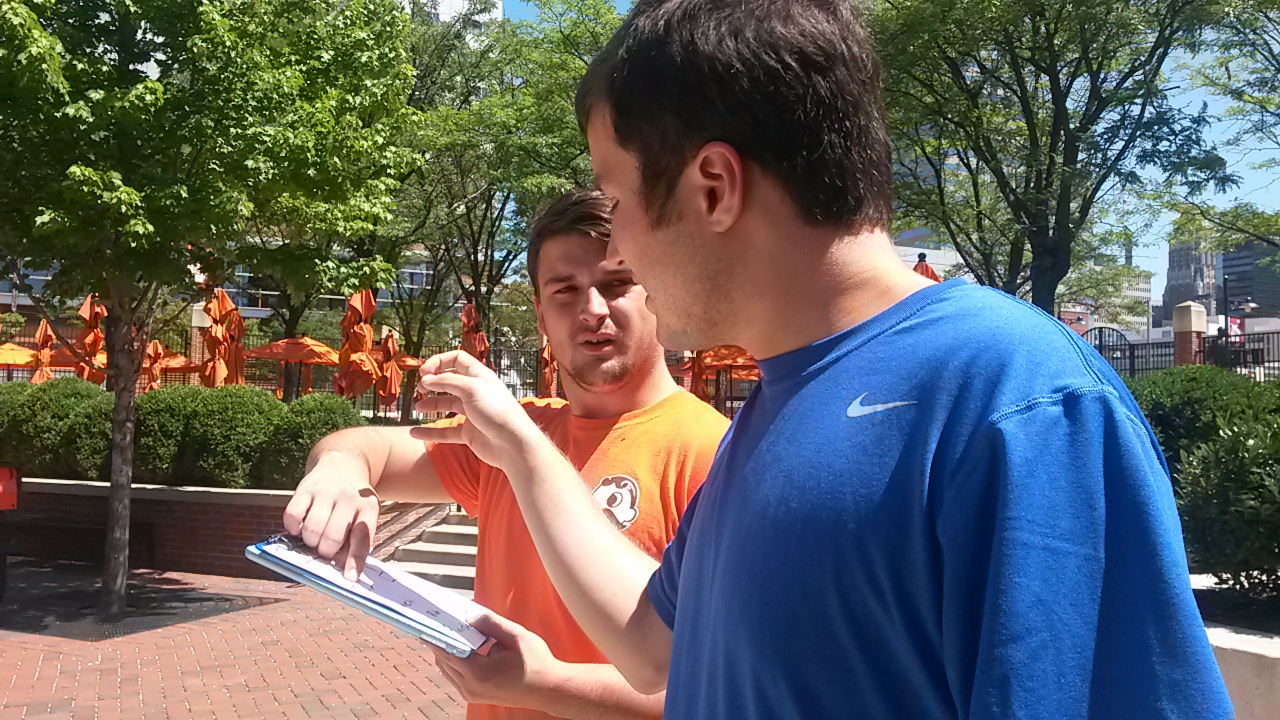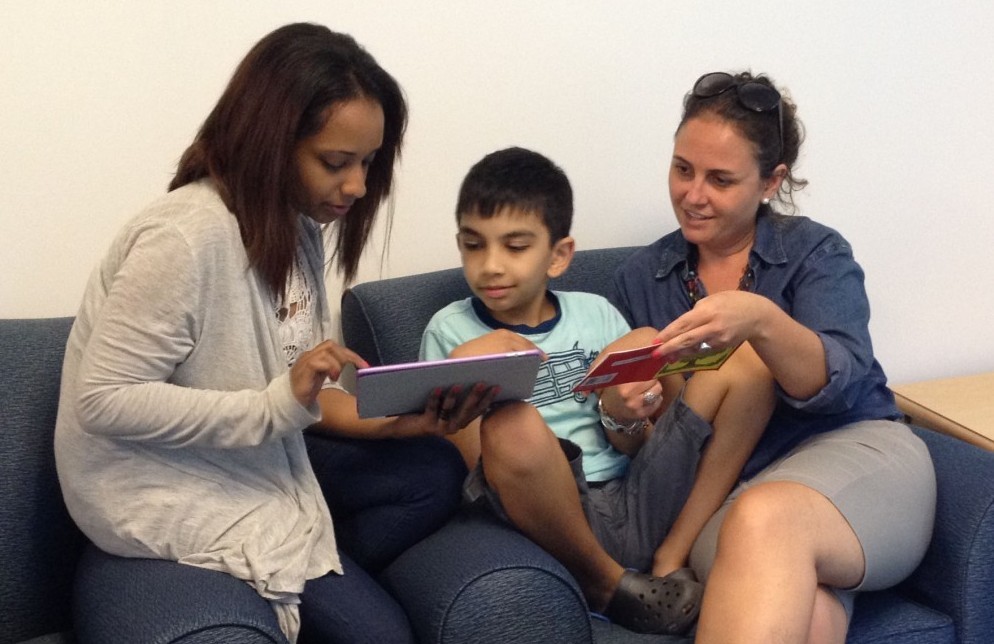The Institute’s Program on Supports is focused on developing a continuum of resources to serve the day-to-day needs of individuals with autism, including training materials, model programs, and research‐based practices, centered around principles of positive, naturalistic, humane support, and the presumption that individuals with autism are competent—even if they face significant challenges demonstrating it through communication and initiation.
Our primary focus is on individuals with autism who have limited or minimally-verbal communication; behavioral, sensory and motor challenges; and the need for significant day-to-day support. While the Institute is not an activity center or fee-for-service clinic, the Institute develops a variety of programs and activities for individuals with autism. These exploratory programs and activity groups support development of best practices that can act as models for replication in other communities.
We work to translate research findings related to intervention, communication, and inclusive education into resources that a) have sufficient evidence as first-line approaches, and b) increase the access of families and schools to practical, implementable materials that will change how people with autism are supported day-to-day.



